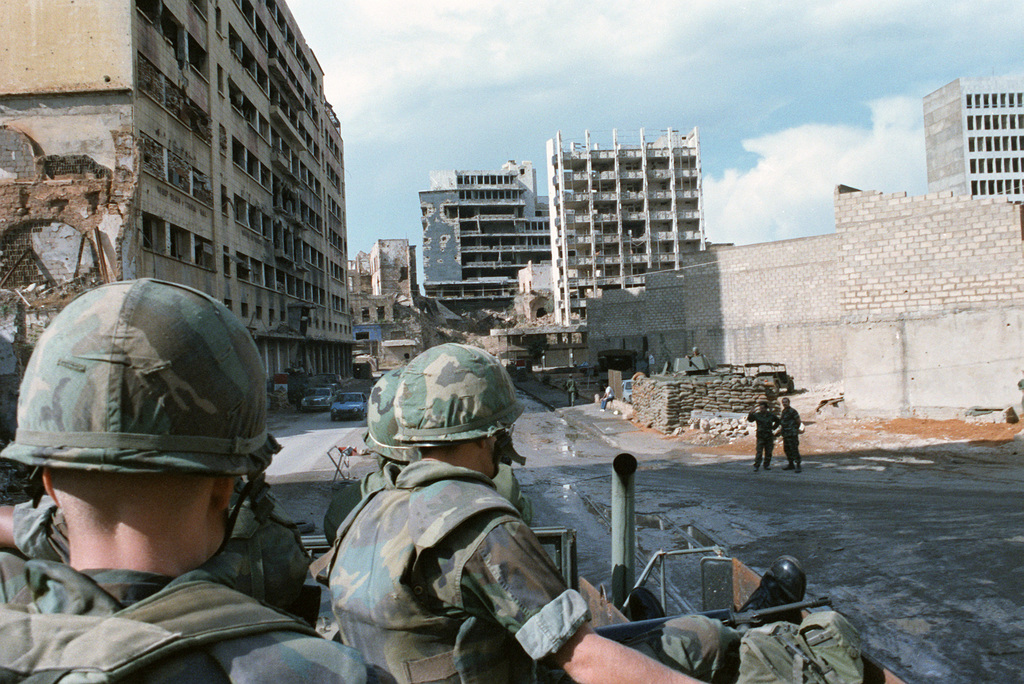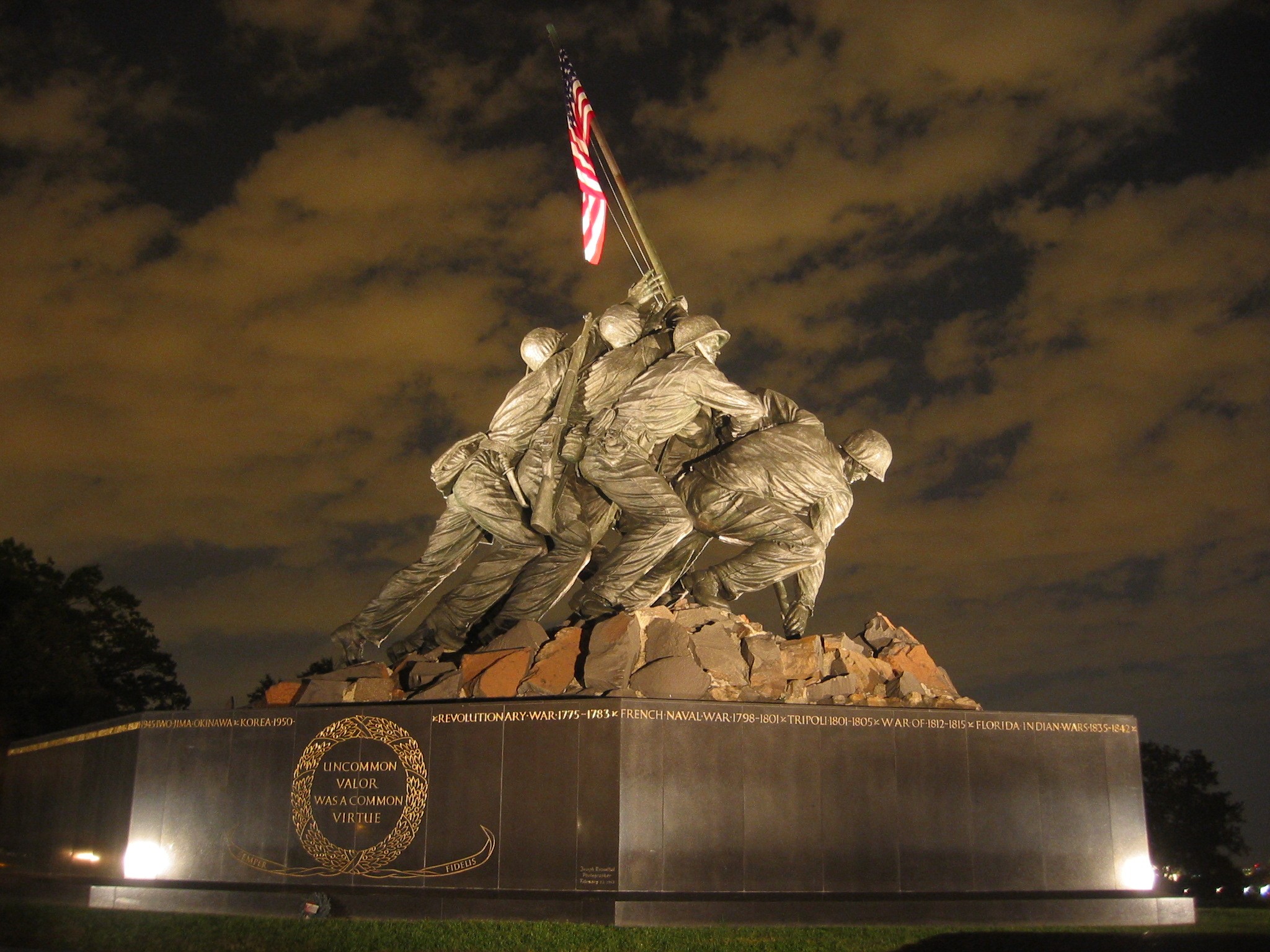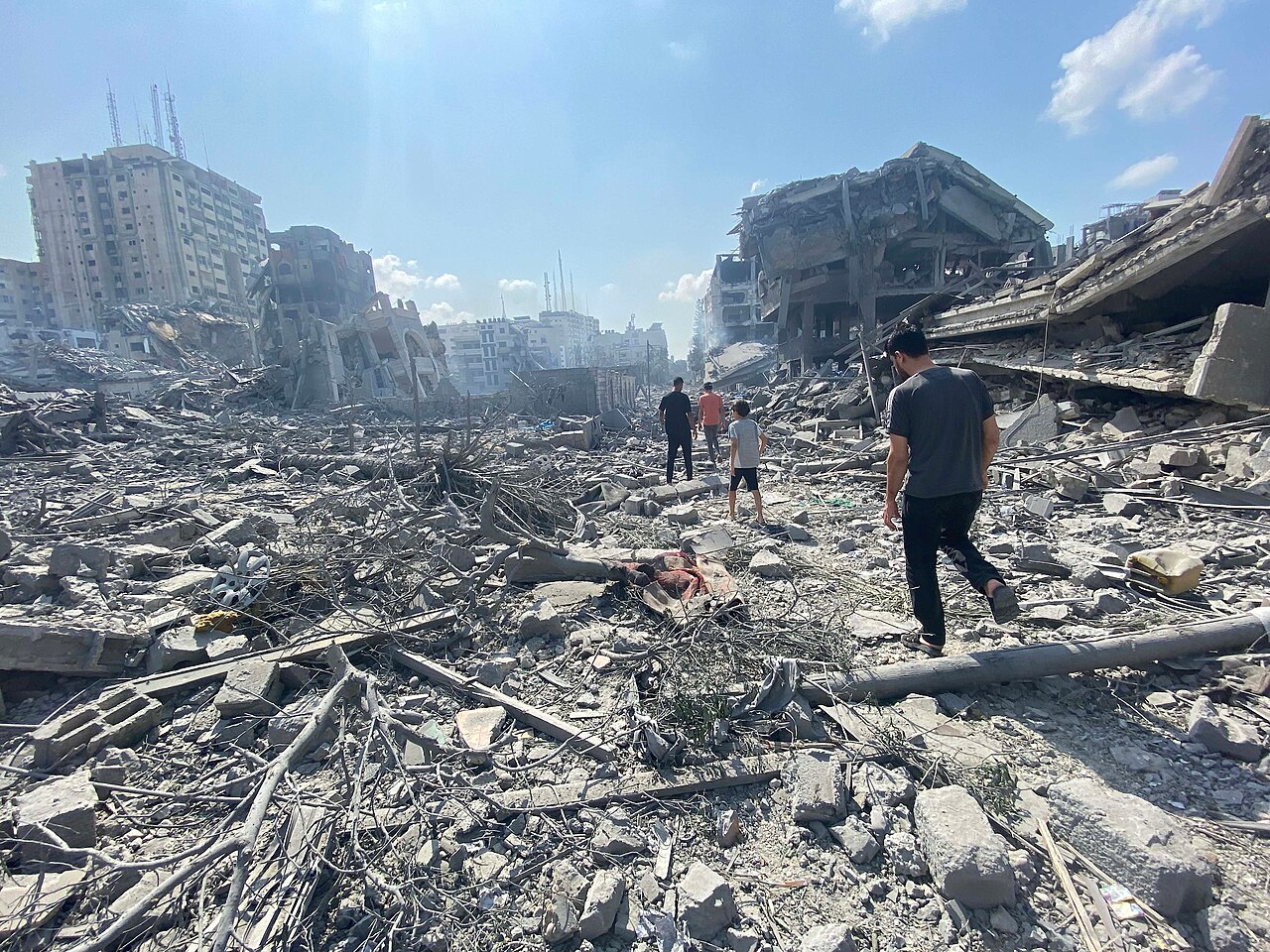
Essay ‘Un-Contest’ on Peaceful Elections
The War Prevention Initiative (WPI) is seeking submissions for an essay “un-contest” on peaceful elections.

Perspectives on Feminist Foreign Policy: Revealing New Narratives, Challenging The Status Quo
Read our summary report of our feminist foreign policy essay “un-contest” where we published 11 essays from emerging thought leaders around the world.

Politics of Violence Puts Us All in Extreme Danger
A nonviolent response is the only way forward The politics of violence is pervasive and corrosive, stretching from the Middle East to the streets of Los Angeles. The reckless and unnecessary military attacks by Israel’s Netanyahu government on Iran, the ongoing genocide in Gaza, the deployment of U.S. National Guard troops and Marines to silence … Read more

Endless Pursuit of Terror
This analysis summarizes and reflects on the following research: McIntosh, C. (2022). A ‘continuing, imminent’ threat: The temporal frameworks enabling the US war on terrorism. International Relations, 36(4), 568-590. https://doi.org/10.1177/00471178221128196 Author’s Abstract “For nearly two decades, the United States has chosen to narrate its response to terrorism through what Judith … Read more

Strategic Military Retreat to Mitigate Climate Change
For example, consider unions and, specifically, the work force of the military industrial complex. Research from the Costs of War project interviewed defense contractor employees in the U.S. and the U.K. to find out what their views were on climate change and their sector’s role in exacerbating the climate crisis. … Read more

How Militarization Harms Migrants in the Mediterranean Sea
This analysis summarizes and reflects on the following research: Kinacioglu, M. (2023). Militarized governance of migration in the Mediterranean. International Affairs, 99(6), 2423-2441. Talking Points In the context of maritime migration in the Mediterranean region: Migration has been framed as a hybrid threat by the European Union (EU) and North … Read more

Event Summary: The Knowledge and Practice of Decolonial and Indigenous Environmental Peacebuilding
Event date: November 11, 2024 Hosted by War Prevention Initiative and the Environmental Peacebuilding Association In 2024, the War Prevention Initiative and the Environmental Peacebuilding Association released a Peace Science Digest Special Issue on Decolonial and Indigenous Approaches to Environmental Peacebuilding. This event was designed as a highly participatory, … Read more

The Reassuring Illusion of Victory in War
“Liturgies of triumph”—public rituals that symbolically reinforce and celebrate the idea that the U.S. always wins its wars, “embedded in national calendars, public commemorations, and team sports”—shape the understanding and practice of wartime, both producing an expectation for military victory and assuaging public anxieties that emerge from its absence in most contemporary warfare.

Justifying Violence with the “Less-than-Lethal Paradigm”
The “less-than-lethal paradigm” is a military strategy aimed at managing the popular perception of violence by using less deadly and more concealed methods to justify imperial actions in a way that aligns with the principles of liberal democracy.

How Indiscriminate Counterterrorism Can Backfire
While Israel’s use of selective counterterrorism, in the form of punitive house demolitions, did not have a clear impact on Palestinian public opinion, Israel’s use of indiscriminate counterterrorism, in the form of precautionary house demolitions, resulted in more “radicalized” political attitudes among Palestinians from the same district.

Special Issue: Decolonial and Indigenous Approaches to Environmental Peacebuilding
Environmental peacebuilding emerged from the convergence of multiple fields—like political science, environmental science, peace and conflict studies, and ecology—concerned with how the natural environment shapes conditions for peace and conflict. Read our special issue on the topic here.

Conversations on Indigenous and Decolonial Approaches to Environmental Peacebuilding: Interview with Dr. Diana Arbelaez-Ruiz
We conducted a series of interviews with experts to gain deeper insight into Indigenous and decolonial approaches to environmental peacebuilding. Here, we have Dr. Diana Arbelaez-Ruiz.

Conversations on Indigenous and Decolonial Approaches to Environmental Peacebuilding: Interview with Dr. Theresa “Isa” Arriola
We conducted a series of interviews with experts to gain deeper insight into Indigenous and decolonial approaches to environmental peacebuilding. Here, we have Dr. Theresa “Isa” Arriola.
